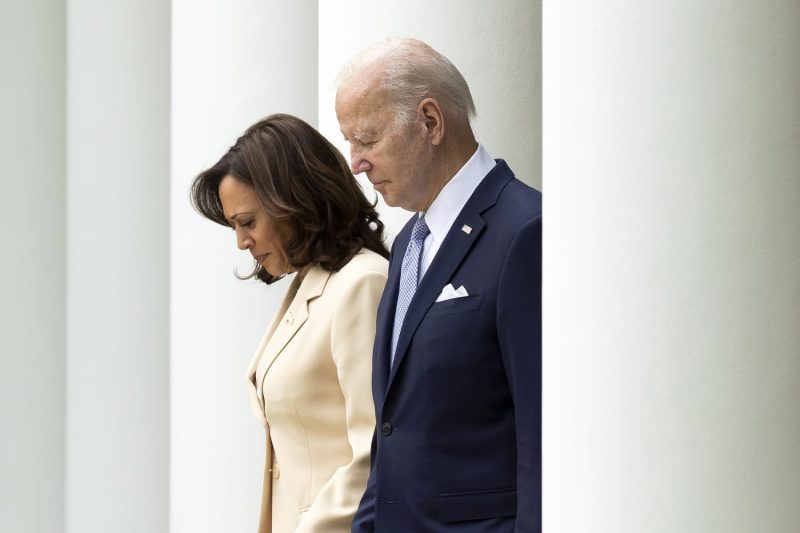The Biden Administration on Monday unveiled a new, multi-agency regulatory initiative to target corporate practices that officials claim are designed to waste consumers’ time and needlessly burden them with red tape, in order to maximize profits.
“I think we can all relate to this,” White House domestic policy advisor Neera Tanden told reporters Friday.
“For example, you want to cancel your gym membership or subscription service or newspaper. It took one or two clicks to sign up. But now … you have to go in person, or wait on hold for 20 minutes … just to opt out,” she said.
Dubbed the “Time is Money” initiative, the actions will make it easier for consumers to cancel subscriptions, get refunds, submit health care and insurance forms online, and access high-quality customer service.
The new initiative is being launched at a unique moment for the Biden administration. Democratic presidential nominee and Vice President Kamala Harris is preparing to unveil her presidential campaign’s first economic policy plans this week.
Broad efforts like “Time is Money” could serve as opportunities for Harris to carry forward the Biden administration’s longstanding consumer protection mandate in new ways.
“In all of these practices, the companies are delaying services to you, or really trying to make it so difficult for you to cancel the service, that they get to hold on to your money for longer and longer,” Tanden said Friday.
Among the new initiatives announced Monday are a series of Consumer Financial Protection Bureau (CFPB) rule makings, that will target customer service “doom loops” and ineffective chatbots used by some financial institutions.
“The CFPB will identify when the use of automated chatbots or automated artificial intelligence voice recordings is unlawful, including in situations in which customers believe they are speaking with a human being,” according to a White House fact sheet.
Meanwhile, the Federal Communications Commission (FCC) will launch a parallel inquiry into whether to expand the CFPB’s proposed customer service requirements to include phone, broadband and cable providers.
The second FCC inquiry will consider adopting requirements similar to the Federal Trade Commission’s current “Click to Cancel” proposal. The FTC plan would require companies to make it as easy to cancel subscriptions and memberships as it is to sign up for them.
The initiative also calls on health insurance companies to allow policyholders to submit claims online.
A letter from Department of Health and Human Services Secretary Xavier Becerra and Department of Labor Acting Secretary Julie Su will be sent to health insurance companies and group health plans on Monday, urging them “to take concrete actions to save people time and money when interacting with their health coverage,” according to the White House fact sheet.
Not all of the “Time is Money” initiatives are new, however. Several are previously announced actions, including a rule issued by the Department of Transportation in April that requires airlines to automatically issue cash refunds.
Another existing effort cited by the White House is a June 2023 FTC proposal to target companies that use deceptive customer feedback practices, like fake reviews.
None of the actions that make up the “Time is Money” initiative will require congressional approval, a senior administration official said. Republicans currently control the House of Representatives, and any new consumer protection bills would face long odds.
Monday’s “Time is Money” initiatives are the latest step in a long line of aggressive consumer protection actions the Biden administration has taken over the past three years.
The White House has pursued aggressive antitrust regulations and taken a highly skeptical approach to crypto currencies, both of which have rankled Wall Street.
Biden has also championed a fight against what he labels “unfair and illegal pricing,” including so-called junk fees, corporate “price gouging” and shrinkflation.
Still, the White House official insisted to reporters Friday that “this is not about shaming corporations writ large.”
Instead, the “Time is Money” initiatives represent “a new frontier of consumer protections,” the official said. “That is the way that we are thinking about it.”

